I write erotic romance.
I used hide that. I’d never say those four little words out loud. Admitting it to my family and friends was a struggle. Even now, I’m hyperventilating a little bit to see those words written down, knowing they’re going to be printed and read. But I don’t hide it anymore, because the world is a different place than it was a few years ago. It’s a world where women are no longer afraid to be upfront about what they’re reading, the dog-eared pages of a steamy novel no longer hidden under their beds. Instead, these books are on their Nooks and Kindles, read in the light of day. And as a writer, I think that’s pretty damn awesome. So I’m not hiding anymore.
I’ve been making up stories for as long as I can remember. Writing was the one subject that made me feel free—you could never really go wrong, because how can you judge creativity? I loved the written word so much I even decided to major in it in college. I read women’s fiction and romance in my spare time, but always found the love scenes lacking, and I didn’t have the guts to page through the minuscule erotica sections in mainstream bookstores, or to go to a sex shop in search of it. I graduated with a B.A. in English in the aftermath of September 11th and the dot-com crash, so writing took a backseat to other more “practical” careers. I spent a decade-and-a-half stumbling through positions in entertainment, publishing, law and education, but my desire to put pen to paper again didn’t resurface until I came upon a certain vampire series, got to the end and discovered that after four books of sexual tension, there was no payoff whatsoever.
I believe my response was, “Are you [BEEP]-ing kidding me?”
I immediately took to the internet, thinking there had to be fan fiction out there that was better than that. What I found was an incredibly altruistic, supportive and encouraging group of people that spanned the globe, as well as hundreds of stories that were frank and honest about sexuality. No dancing around the subject. No fade-to-black scenes. And no annoying euphemisms that made me wonder if people were gardening or going at it. It was liberating to read, and eventually, to write. I wrote on my lunch breaks, a spiral bound notebook stashed away in my purse. I told no one I knew in “real life,” other than my husband, what I was doing. After two years writing stories about someone else’s characters, I decided to try my hand at writing my own.
I chose to write erotic romance, which I should note is different from erotica, because it felt like the truest representation of life and relationships. In an erotic romance, the characters’ journey is both emotional and sexual. In erotica, there’s little to no emotion at all, and the journey is the sex. Without it, there’s no story. (It’s the same as if you took out the sex in a pornographic film. Without it, it’s just a pizza man showing up.) For most women, our sexual relationships are intertwined with the way we feel, and reading stories that leave us feeling emotionally and sexually satisfied is rewarding. Maybe that’s what makes this genre so appealing—it’s the fairy tale “happily ever after” stories from our childhoods, with all the smut we love as adults.
Maybe that’s what makes this genre so appealing—it’s the fairy tale “happily ever after” stories from our childhoods, with all the smut we love as adults.
I think that might also be why many women gravitate toward books over pornography. While dirty movies can absolutely be fun to watch, women need a connection. We want emotion with our sex. We want our hearts won and our minds engaged while we’re swept off our feet and have our minds blown, and that’s not something often seen in porn. In romance books, the heroes are often the complete package: best friend, soul mate and lover, all wrapped up in rippling forearms and abs of steel.
It’s not real life, but it’s a fantastic escape, and the people I like to write are flawed and real, as well as unabashedly honest about their sexuality. My debut novella, The Duality Principle, is the first in my Portland, Maine series, and is about math, sex and motorcycles. It’s also about two people who can’t see themselves clearly: Gabriella Evans, a PhD candidate who is trying to tell herself she can’t be a career-driven, focused mathematician and still long for hot sex with a careless, rough-and-tumble bad boy, and Connor Starks, an orphaned son of two drug addicts who spent years breaking laws and breaking hearts. He’s tried to put that behind him, the only holdover being his penchant for getting down and dirty in public places. But meeting Gabriella makes him want to prove he’s become a better man.
Women need a connection. We want emotion with our sex. We want our hearts won and our minds engaged while we’re swept off our feet and have our minds blown.
I hope readers can relate to Gabriella and Connor, and maybe see a little of themselves in them. It’s a steamy novel about the duality that’s in all of us—the bad and the good—and letting our true selves come out of hiding.
I write erotic romance. And I’m not hiding anymore.
—Rebecca Grace Allen‘s first novel, The Duality Principle, is available from Samhain Publishing on Nov. 11. Preorder from Amazon, Barnes & Noble or iTunes, and follow Rebecca on Twitter.
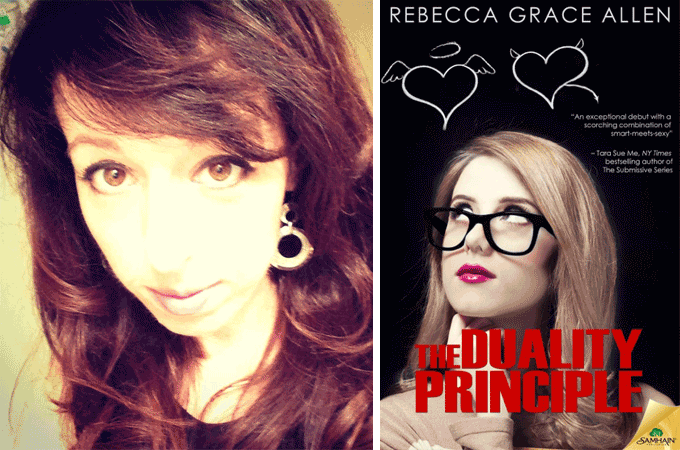
Rebecca Grace Allen writes erotic romance and is proud of it. Her debut novel, The Duality Principle, hits retailers next month.

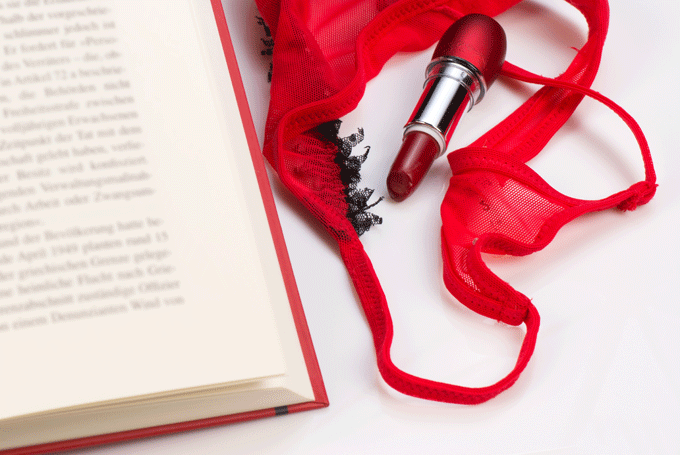
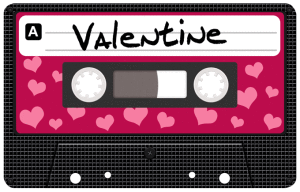
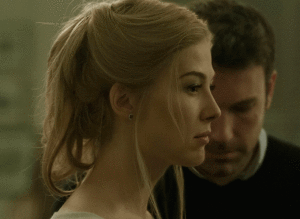

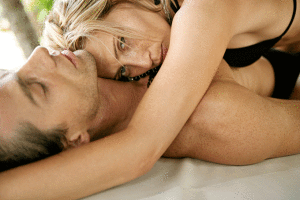
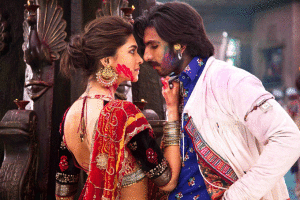


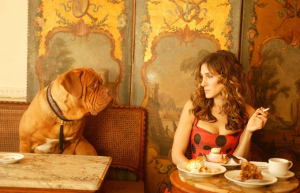
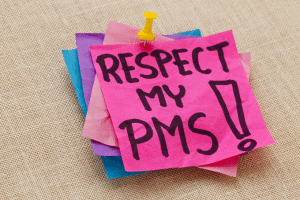



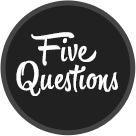

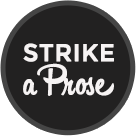




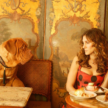

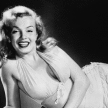



2014/10/10 at 3:42 pm
Ooo, boy, do I hate sexual tension with no payoff!
Reading and writing this genre is so liberating. Yes, many of us are reading it on devices that aren’t as transparent to those around us as if we were reading a hard copy, but I feel that more and more readers are willing to discuss erotic romance openly than would have five years ago. Thanks to a few very prominent books, of course, as well as sex-positive TV shows and podcasts, and the culture of sharing nurtured by social media.
We live in such an interesting time. I’ll be curious to see if it registers as another sexual revolution in the long term, or at least a leap forward in thinking.
At any rate, as you say, no need to hide something that brings us joy and fulfillment. Best wishes for your debut!
2014/10/23 at 10:37 pm
Thanks so much, Mia! :-)